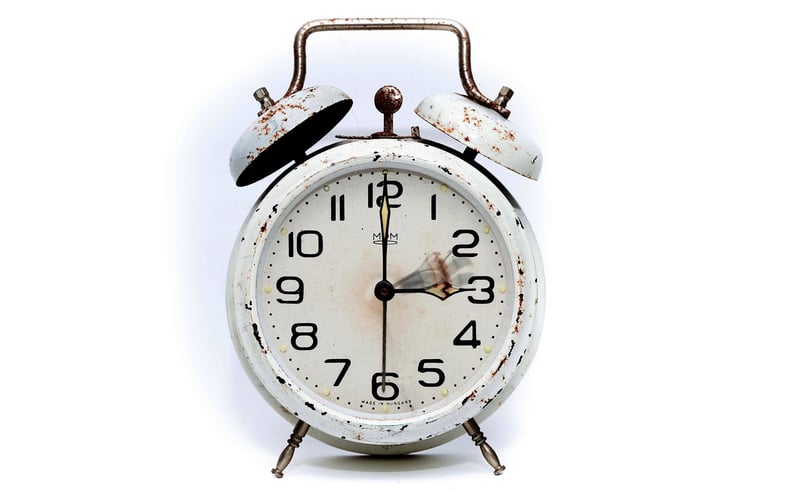Causality Dilemmas
Dive into Time Paradoxes and Causality Dilemmas
Time paradoxes and causality dilemmas have been a subject of fascination for centuries, captivating the minds of scientists, philosophers, and science fiction enthusiasts alike. Let's delve into the intriguing world of temporal conundrums and explore some mind-bending concepts that challenge our understanding of time and reality.
The Grandfather Paradox
One of the most famous time paradoxes is the Grandfather Paradox. Imagine a scenario where a time traveler goes back in time and prevents their grandfather from meeting their grandmother. As a result, the time traveler's existence is erased, leading to a paradox - if the time traveler was never born, how could they go back in time to prevent their grandfather's meeting?

Causal Loop
In a causal loop, an event is its own cause, creating a loop of events with no discernible beginning or end. This phenomenon raises questions about the origin of events and challenges the linear concept of cause and effect. One classic example is a person learning how to build a time machine from their future self and then going back in time to teach their past self.

Parallel Universes
Parallel universes theory suggests the existence of multiple universes where different versions of events play out simultaneously. This theory can help resolve some time paradoxes by proposing that each action creates a new parallel universe where the paradox is resolved. It opens up a vast array of possibilities and challenges our understanding of reality.

Conclusion
Time paradoxes and causality dilemmas continue to spark debates and inspire creative works in literature, film, and scientific research. While the concept of time travel remains speculative, exploring these paradoxes allows us to push the boundaries of our imagination and contemplate the mysteries of time and existence.
Are you ready to unravel the enigmatic world of time paradoxes and causality dilemmas?
